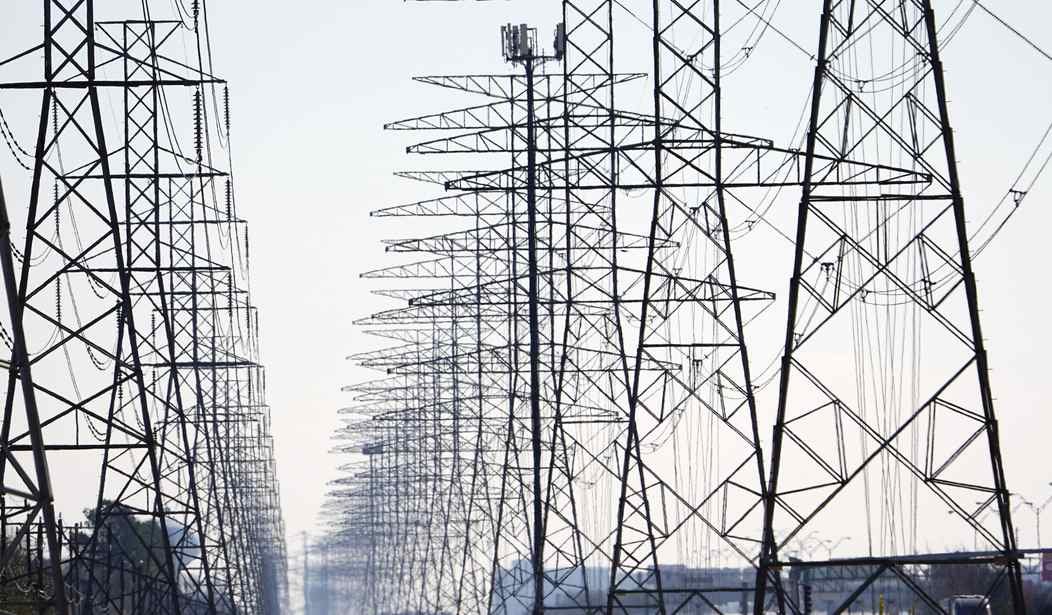Americans are already far too familiar with spiraling energy costs and rolling blackouts in areas where the energy grid is being pushed to the brink. Now the people of Great Britain are bracing for their own negative and potentially deadly experiences of a similar nature. Because of the socialist bent of their government, energy companies must adhere to government caps on the price of utilities, but those caps are about to be raised significantly. And the coming increase won’t be the last one, either, since another increase is scheduled to follow on the heels of this one in January. So how much will people’s utility bills be rising? By February (just when everyone is using more energy for heating) they will more than double. (Associated Press)
A deepening cost-of-living crisis in Britain is about to get worse, with millions of people expected to pay about 80% more a year on their household energy bills starting in October.
The U.K. energy regulator on Friday is set to announce the latest price cap, which is the maximum amount that gas suppliers can charge customers per unit of energy. It could mean people pay up to 3,600 pounds ($4,240) a year for heating and electricity, according to analysts’ forecasts.
Scores are already struggling to make ends meet as inflation soared to 10.1% last month — the highest in 40 years — and the rapidly spiraling costs of energy and food are certain to hit the poorest the hardest.
Translated into American currency, British residents are currently paying on average $2,320 per year. That’s a 54% increase since January of 2022. After the new cap kicks in, the rate will go up to $4,247 in October. By February the price will reach $4,718 annually.
These are not insignificant increases. They represent a huge change in the average household’s budget. And they’re coming at a time when the inflation rate in the UK is already over 10% with current forecasts showing it will likely exceed 18% next summer. The cost of food, along with everything else, is exploding exponentially faster than any perceived increase in wages.
Citizens are already protesting and calling for the price caps to remain where they are. But when the cost of producing energy rises to the point where it is no longer profitable to sell that energy at the capped price, the producers will shut down. They really don’t have a choice in the matter.
So why are the prices skyrocketing in this fashion? The Brits still derive a majority of their electricity from oil and natural gas. And natural gas also remains a very common source for heating and cooking. There is currently a lot less oil and natural gas available, largely because of the unrest in Europe. When there is less of something, the price of that thing goes up. That’s one of the most fundamental rules of economics to the point of nearly being a law of nature.
The Brits never invested heavily in nuclear power and they don’t have many large natural gas storage facilities. This leaves them stuck purchasing natural gas on what’s known as the “spot market,” which can fluctuate wildly over the course of a week. The UK could achieve more flexibility and stability in their energy supply chain if they begin transitioning to liquified natural gas, which they will be able to purchase from the United States in far larger quantities beginning next year. But those conversions take time, and the failure to plan ahead in terms of assuring a stable energy grid is coming back to bite them this year.







Join the conversation as a VIP Member